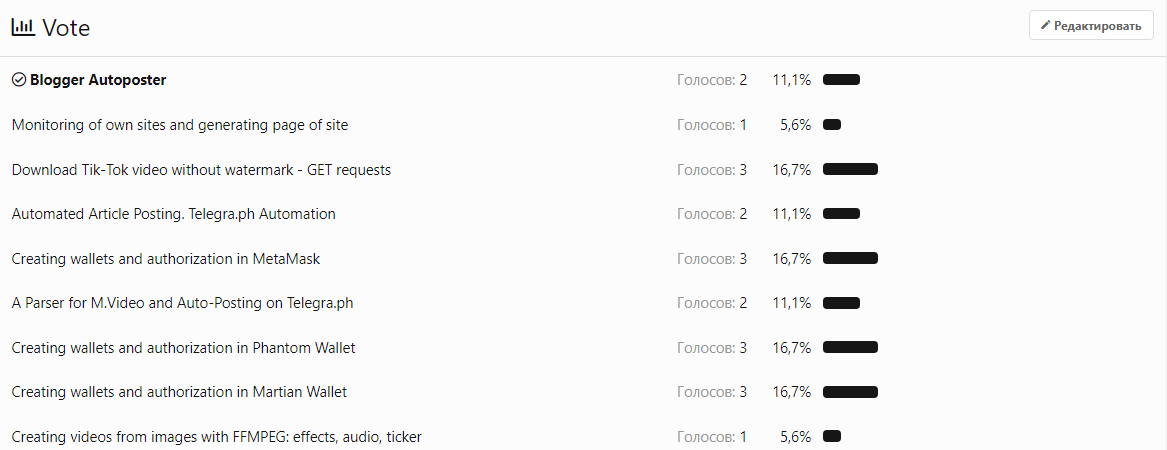- Регистрация
- 22.01.2019
- Сообщения
- 2 047
- Благодарностей
- 4 478
- Баллы
- 113









| FAQ |
A case study is a detailed description of a specific project or task completed using ZennoPoster or ZennoDroid. In a contest entry, the case study should reflect the real steps you took to achieve the result. It is important not only to describe the problem but also to explain how you solved it. This helps other contest participants understand how ZennoLab tools can be used to tackle similar tasks.
A technical paper is an article that thoroughly examines a specific aspect of working with ZennoPoster or ZennoDroid, such as creating templates, using certain features, writing scripts, working with blocks, or coding. The article should be as informative and useful to the community as possible.
A personal story is a description of your personal impressions and results from using ZennoPoster or ZennoDroid. Such a work can include stories about how you learned the program, what tasks you solved with it, and what results this brought.
A template is a ready-made automation solution using ZennoPoster or ZennoDroid that performs specific tasks. In a contest entry, a template should demonstrate practical value and efficiency.
A technical paper is an article that thoroughly examines a specific aspect of working with ZennoPoster or ZennoDroid, such as creating templates, using certain features, writing scripts, working with blocks, or coding. The article should be as informative and useful to the community as possible.
A personal story is a description of your personal impressions and results from using ZennoPoster or ZennoDroid. Such a work can include stories about how you learned the program, what tasks you solved with it, and what results this brought.
A template is a ready-made automation solution using ZennoPoster or ZennoDroid that performs specific tasks. In a contest entry, a template should demonstrate practical value and efficiency.
We've prepared a guide with detailed recommendations for preparing contest entries.
We accept up to four entries from one participant. That is, you can provide one entrie for each format: case study, technical paper, personal story, template.
Voting starts on September 24 and will last until October 6.
During this time, you will be able to review the contest entries and make your choice.
Our invited experts will choose the best competition entries from among the best in the "Experts' Choice" nomination.
Both participants and readers can vote for the winner of the Community Choice. A separate poll post will be created for voting.
Example of a voting post

By clicking the "Like" button you support the participant, but don't vote for his work.

You can vote for several works and support the participants.
During this time, you will be able to review the contest entries and make your choice.
Our invited experts will choose the best competition entries from among the best in the "Experts' Choice" nomination.
Both participants and readers can vote for the winner of the Community Choice. A separate poll post will be created for voting.
Example of a voting post

By clicking the "Like" button you support the participant, but don't vote for his work.

You can vote for several works and support the participants.
Participants will have 1 license extended for 3 months for each contest work.
That is, if a participant sends 3 works, then he will be able to extend 3 licenses.
If 1 work, then only 1 license.
That is, if a participant sends 3 works, then he will be able to extend 3 licenses.
If 1 work, then only 1 license.
We've created a special section for adding contest entries.
Until the day of voting (September 24), all entries will be hidden from public viewing (will be available only to moderators).
Until the day of voting (September 24), all entries will be hidden from public viewing (will be available only to moderators).
Последнее редактирование: